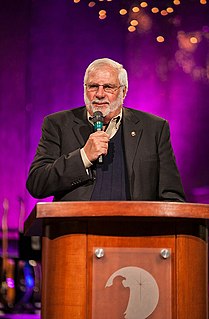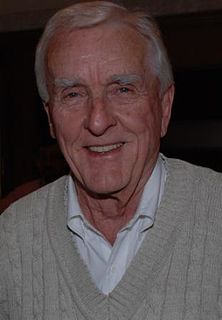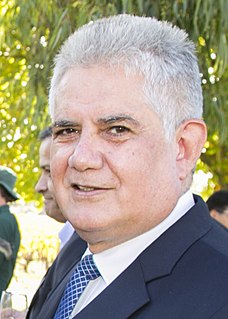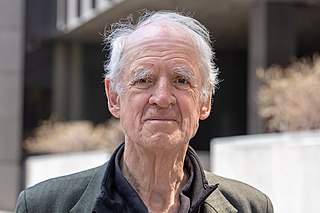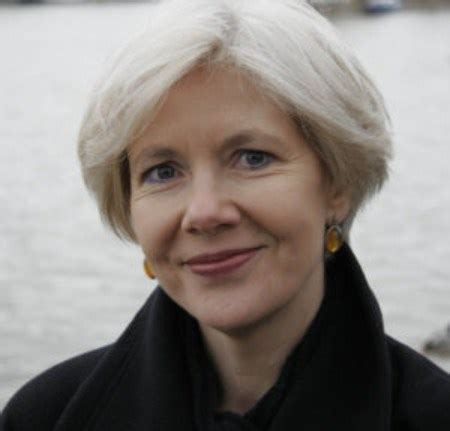A Quote by George Monbiot
What you see is not what others see. We inhabit parallel worlds of perception, bounded by our interests and experience. What is obvious to some is invisible to others.
Related Quotes
To see ourselves as others see us can be eye-opening. To see others as sharing a nature with ourselves is the merest decency. But it is from the far more difficult achievement of seeing ourselves amongst others, as a local example of the forms human life has locally taken, a case among cases, a world among worlds, that the largeness of mind, without which objectivity is self-congratulation and tolerance a sham, comes.
There are innumerable worlds of different sizes. In some there is neither sun not moon, in others they are larger than in ours and others have more than one. These worlds are at irregular distances, more in one direction and less in another, and some are flourishing, others declining. Here they come into being, there they die, and they are distroyed by collision with one another. Some of the worlds have no animal or vegetable life nor any water.
Those who see what's obvious aren't necessarily brighter than others. They're just more likely to observe that the emperor is naked. Like children, they see what's actually there. Their perceptions are less clouded by belief systems, taboos, habits of thought. One responsibility of management--an important one--is to call attention to the invisible obvious, pointing it out as a child does (sometimes to the embarrassment of adults). Doing so also requires supporting employees who take that risk, too, and other risks as well.
You can have a team of unconventional thinkers, as well as conventional thinkers. If you don't have the support of others you cannot achieve anything altogether on your own. It's like a cry in the wilderness. In each instance there were others who could see the same thing, and there were others who could not. It's an obvious difference we see in those who you might say have a bird's eye view, and those who have a worm's eye view. I've come to realize that we all have a different mind set, we all see things differently, and that's what the human condition is really all about.
I think we need to teach children the importance of others, and that they cannot grow in this world without taking in others. The more worlds they take in, these unique worlds, the more they can become. We need to teach them to trust others again, because we're all frightened to death of each other. We're building higher and higher walls, stronger and stronger locks. Tear down the walls! Every day I see how we're distrusting and it hurts.
We define our identity always in dialogue with, sometimes in struggle against, the things our significant others want to see in us. Even after we outgrow some of these others—our parents, for instance—and they disappear from our lives, the conversation with them continues within us as long as we live.
Inner experience ... is not easily accessible and, viewed from the outside by intelligence, it would even be necessary to see in it a sum of distinct operations, some intellectual, others aesthetic, yet others moral. ... It is only from within, lived to the point of terror, that it appears to unify that which discursive thought must separate.

